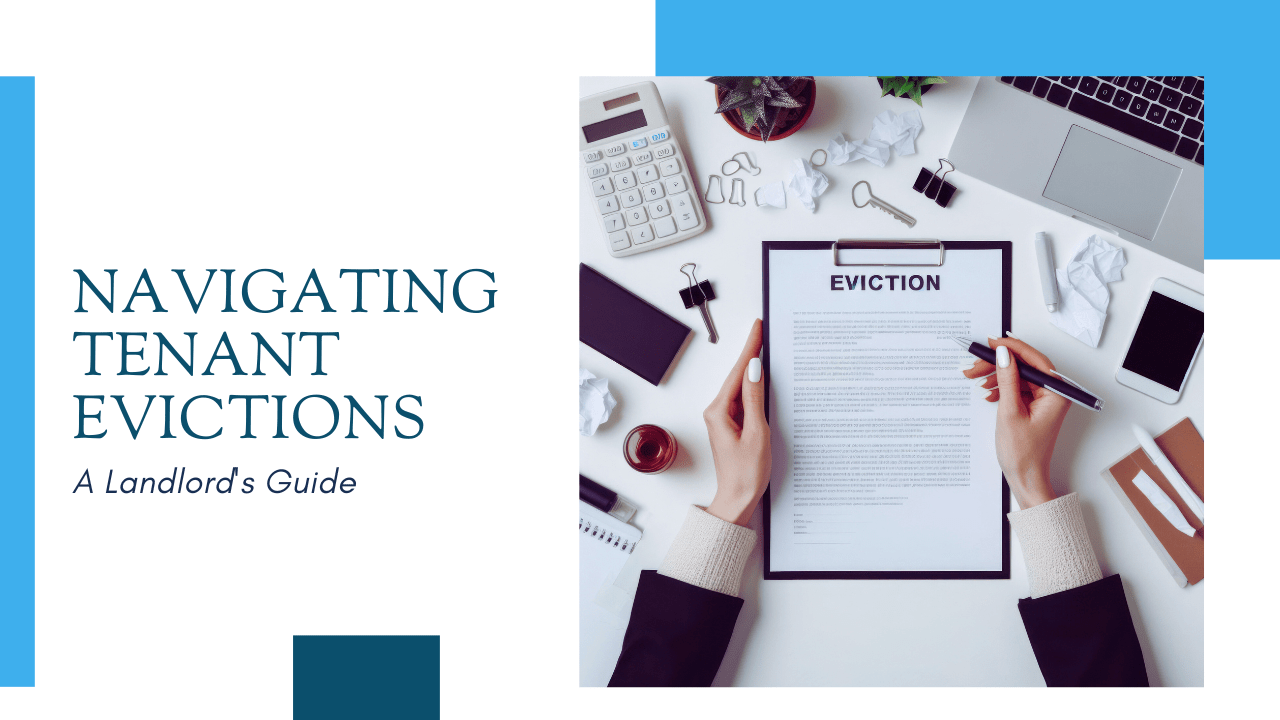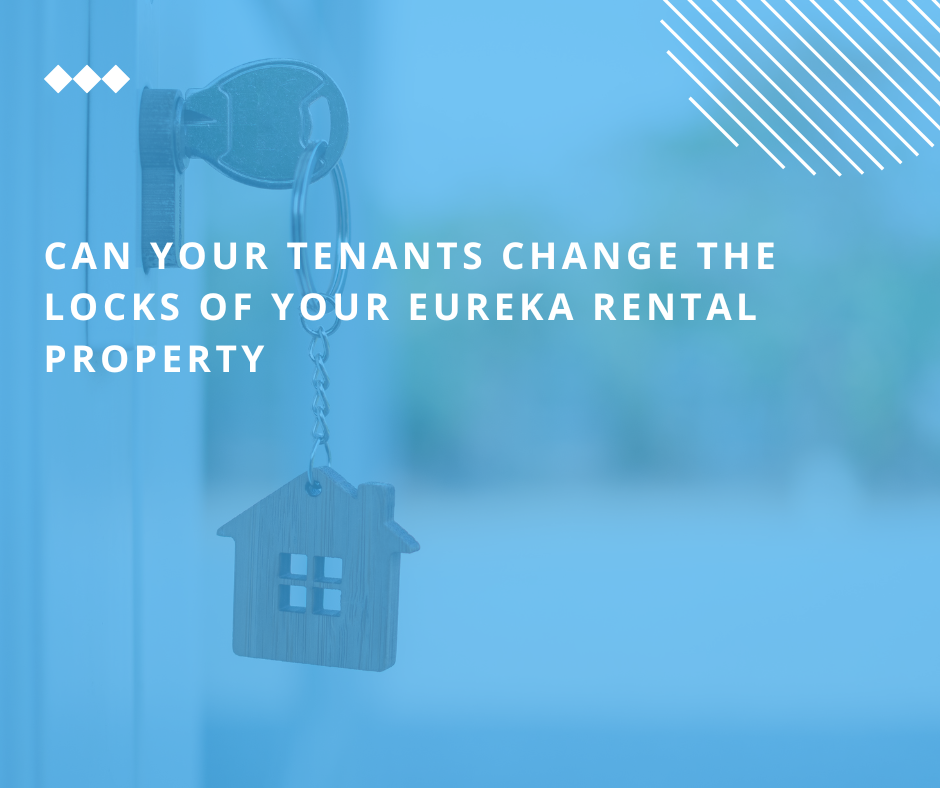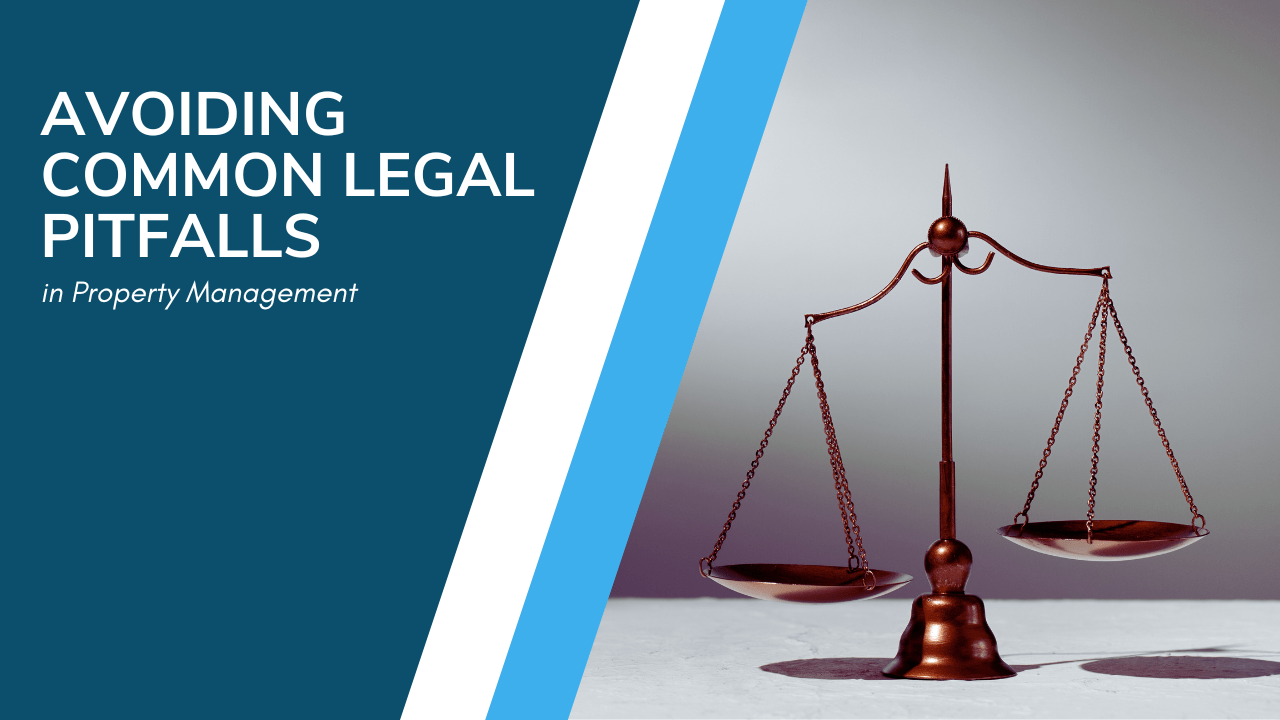No one likes to think about evictions. If you get to the point where you need to evict a tenant, it means that communication has completely broken down and there are no other ways to solve the problem that exists between you and your resident. We always caution landlords to avoid eviction when possible. It’s time consuming and expensive, and the laws in California are strict. However, sometimes it cannot be avoided. When you need to evict a tenant, make sure you understand the process and the legal requirements. Talk to a
Eureka property manager or an attorney. Or both.
Eviction is never an ideal situation, and it's important for landlords to know the legal process and rights they have.
Here’s a brief guide that highlights the process and provides you with the essential steps to take when it’s time to move on from the tenant you currently have.
Eureka Eviction Laws
The first and most fundamental step in navigating tenant evictions in Eureka is to understand the legal requirements. Most
rental properties in California fall under the just cause eviction statutes. This means that you need a just cause to evict your tenant. There’s a list of what these might be, but the most common eviction causes are:
- Nonpayment of rent.
- Lease violations that remain uncured.
- Criminal activity in the property.
- Refusal to vacate when the lease has expired, but the tenant has not renewed.
Before you can evict, you must provide a written notice of termination, and tenants must be given adequate time to leave the property or pay the rent or cure the lease violation depending on your grounds for eviction.
Get to know the laws. Document your entire process. Seek professional help.
Document Everything Before You Evict
Whether it is rent that has not been paid or an unapproved litter of Pit Bull puppies that has been discovered, every interaction with your tenant should be documented in writing, including notices, warnings, and communications. If your eviction makes it to the courthouse, you’ll need to demonstrate to a judge how the lease was violated and what you did to try and solve the problem before evicting.
Paper trail evidence can be critical in court. Written notices can include a warning that the lease has been violated, and instructions on how to come into compliance. When rent has not been paid, you’ll want to serve a Three-Day Notice to Pay or Quit. This type of documentation is in compliance with California law and can be affirmative proof of the breach in case of a hearing.
Filing for Eviction
If you’ve served the appropriate notice and the time has elapsed in which the tenant can rectify the problem or voluntarily move out of the property, your next step is to file an eviction lawsuit with the court. In California, it’s called an Unlawful Detainer lawsuit. There’s some paperwork involved and a fee, and the filing has to be perfect, otherwise your case can be thrown out, and you’ll have to start over.
This is why professional help is so critical.
Landlords should proceed with caution when navigating eviction proceedings. Hiring a skilled and experienced attorney in the field of landlord-tenant law will be an important step when moving towards an eviction.
Your Eureka
property manager, if you’re working with one, will take care of the legal requirements and the attorney relationships. We don’t evict a lot of our own tenants because we have
strict tenant screening guidelines, and we prioritize
positive and professional tenant relationships. However, owners have asked us for help with evictions in the past, and we understand how to regain possession of properties through the courts when necessary.
Preparing for Court
There are many different ways an eviction can go. There may be a situation where your tenant is ultimately able to come up with the rent that is owed, and you can call off the eviction. Maybe if there was a lease violation, they’ll eventually come into compliance. Sometimes, tenants will mount a defense against your eviction and the courts will order you to mediation or schedule a hearing.
It’s important to be prepared for court, if your eviction proceeding comes to the point that you’ll have to appear in front of a judge with your tenants. Make sure you have your
lease agreement, any accounting records that will demonstrate rent wasn’t paid, any correspondence that shows your actions ahead of the eviction, and a copy of the notices you may have served to your tenant.
Unless the tenants have a reasonable defense, the judge will grant your eviction and provide you with a judgment for eviction. Your tenants will have a specific number of days to move out of the property. If they do not, you’ll receive a Writ of Possession, and the sheriff will physically remove them from the home on a legally prescribed date. You’ll have the opportunity to change the locks and take your property back.
Communication During Evictions
















